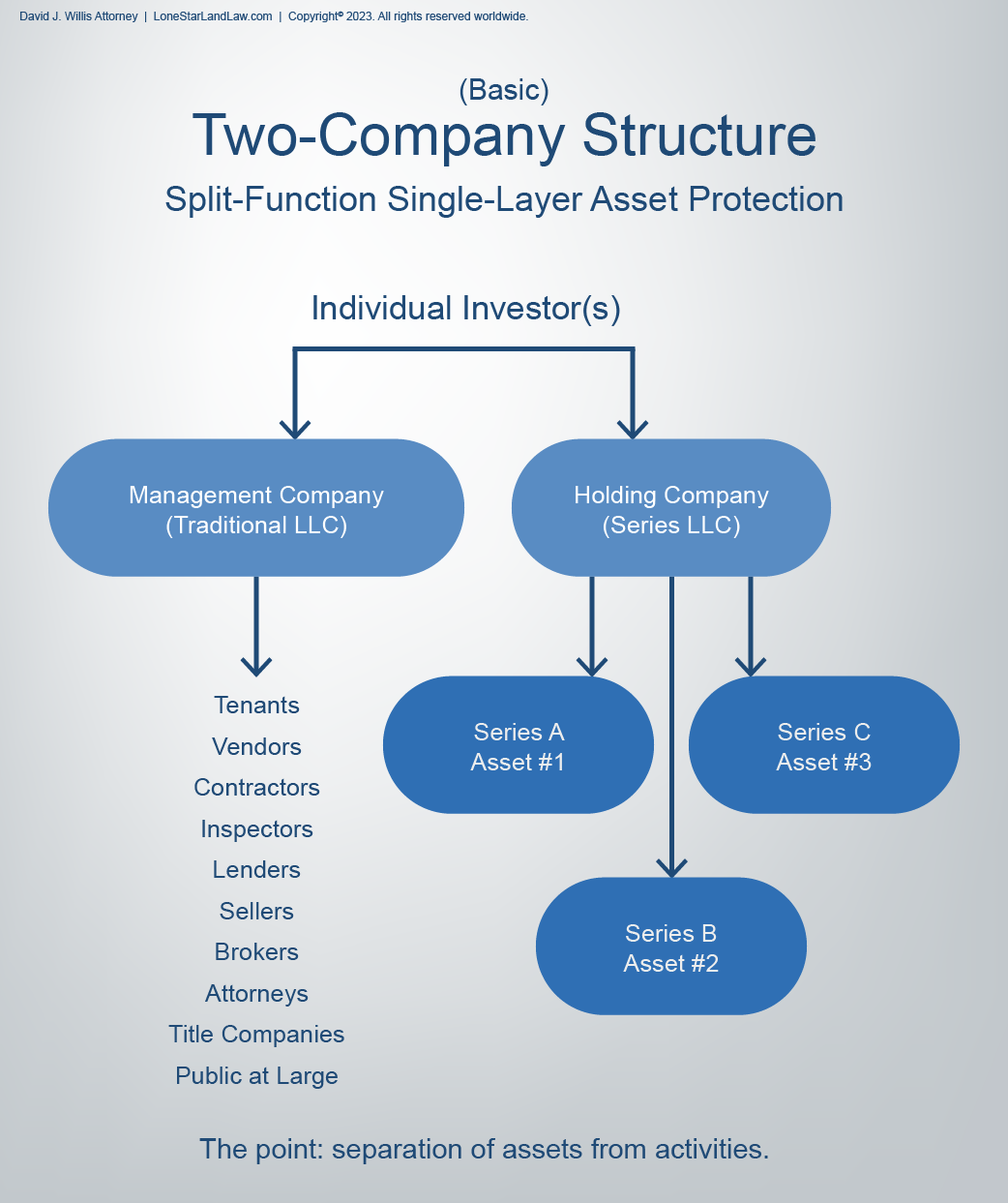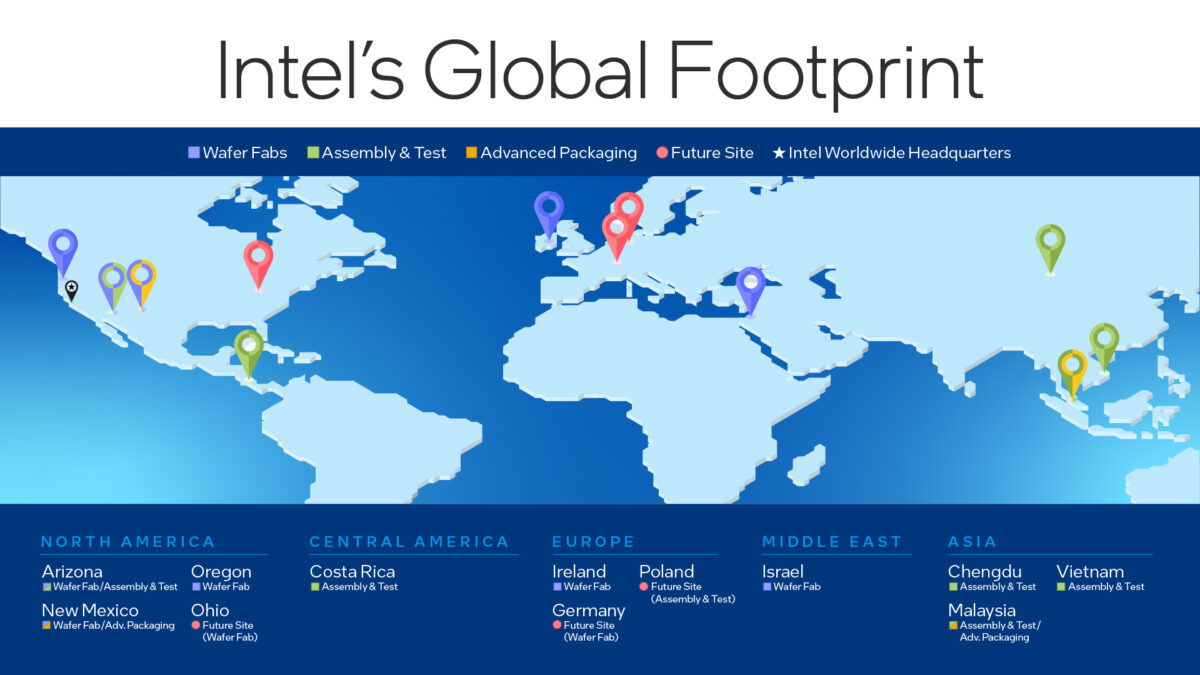Why Savvy Founders Are Turning to LLCs to Shield Their Legacy—and Grow It
The Rise of the Modern Business Shield
In recent years, a seismic shift has occurred in how new ventures are launched, with professionals increasingly opting for a structure that balances flexibility with ironclad protection. The limited liability company, or LLC, has surged ahead, now representing nearly three quarters of all partnerships in the United States as of 2022. This isn’t incidental—it’s a deliberate move by founders who recognize the unique advantages this framework provides in an era where reputation, privacy, and longevity are paramount.
Unlike more rigid business forms, the LLC merges the operational freedom once reserved for sole proprietorships with the protective mantle traditionally found in corporations. This hybrid approach has become the default for those looking to operate with minimal red tape while securing their financial future. The appeal is clear: no board meetings, no complex governance, but a legal wall between personal and professional life that is tough to breach.
What’s driving this trend isn’t just fear of litigation—it’s the pursuit of opportunity. Founders today are thinking several moves ahead, seeking structures that allow them to scale, pivot, and exit on their own terms. The LLC delivers this, offering a platform where risk is contained, and reward is maximized.
Privacy, Protection, and Peace of Mind
One of the most immediate benefits reported by those who choose this route is the clear separation between individual and enterprise. In practical terms, this means personal addresses, phone numbers, and even identities can be kept at arm’s length from clients, customers, and vendors. For service professionals, real estate investors, and digital creators, this layer of privacy isn’t a luxury—it’s a necessity in an age of doxxing and data breaches.
The LLC does more than obscure personal details; it legally isolates a founder’s home, savings, and family assets from business creditors or legal challenges. If the company faces a lawsuit or debt, the structure is designed so that only the assets held under the company’s name are at risk. This is a foundational shift from the exposure faced by sole proprietors, where personal and professional finances are legally indistinguishable.
This separation isn’t just theoretical. Courts have consistently upheld the “corporate veil” of properly maintained LLCs, provided founders adhere to basic compliance—keeping separate bank accounts, avoiding commingling funds, and maintaining clear records. When these steps are followed, the protection is robust, turning what could be a catastrophic liability into a manageable business risk.
Building—and Defending—Your Digital Footprint
In the attention economy, your name is your most valuable asset. The LLC framework gives founders the exclusive right to operate under a specific business identity within their state, a critical edge in crowded online marketplaces. Competitors cannot register an identical name, reducing the risk of brand confusion and impersonation.
This exclusivity extends beyond marketing. Search engines, social platforms, and even payment processors increasingly scrutinize business legitimacy. Having a registered, state-recognized entity amplifies credibility, making it easier to secure partnerships, attract investment, and avoid the pitfalls of operating as a “side hustle” in the eyes of larger organizations.
For those whose livelihood depends on digital presence—consultants, coaches, e-commerce sellers—a unique, protected business name is the first line of defense against copycats and fraudsters. It also simplifies the process of building business credit, securing loans, and even negotiating with platforms that prioritize verified entities over unregistered individuals.
Estate Strategy and Multi-Generational Planning
The advantages of this structure reach far beyond day-to-day operations. Forward-thinking founders are leveraging LLCs as vehicles for estate planning, allowing families to co-own assets—from rental properties to intellectual property—without the complexity or exposure of direct ownership.
By holding assets within an LLC, families can distribute interests to heirs, set clear governance rules, and even manage succession without triggering immediate tax consequences. The operating agreement, a customizable document at the heart of every LLC, can outline how assets are to be managed, sold, or passed on, creating a blueprint for the future that is both flexible and legally enforceable.
For those with vacation homes, investment properties, or even royalties from creative work, this approach can mean the difference between harmony and conflict. The LLC becomes a neutral, structured environment where decisions are made by consensus, disputes are resolved by pre-agreed rules, and the legacy of the business—or family—is preserved.
Tax Efficiency: Beyond the Basics
While the headline benefit is liability protection, the tax treatment of LLCs is equally strategic. By default, profits and losses “pass through” to the owners’ individual tax returns, avoiding the double taxation faced by traditional corporations. This isn’t just a simplification—it’s a potential windfall for those reinvesting in growth or managing cash flow.
Founders can also elect to be taxed as an S-corporation, further reducing self-employment tax on certain distributions. This flexibility allows founders to optimize their tax strategy as revenue grows, scaling their approach without changing their underlying business identity. For creators, consultants, and online entrepreneurs—especially those with fluctuating income—this adaptability is a game changer.
There’s a second layer of tax advantage often overlooked: the ability to deduct legitimate business expenses, from home offices to equipment, in a way that is both IRS-compliant and transparent. When structured correctly, these deductions can significantly lower taxable income, preserving capital for reinvestment or personal use.
Smarter, Faster, More Competitive
The administrative burden of running a business has never been lighter. LLCs require minimal paperwork, and in most jurisdictions, registration can be completed online in a matter of hours. There’s no need for annual reports, shareholder meetings, or the bureaucratic inertia that can slow down innovation.
This operational simplicity doesn’t mean lax standards—on the contrary, it allows founders to focus on what matters: growing their venture, serving clients, and adapting to market shifts. It’s not surprising that studies report LLCs cut administrative workload by nearly half compared to traditional corporations, freeing up time and mental bandwidth.
With fewer ownership restrictions, non-citizens, trusts, and even other businesses can hold stakes, making the LLC a flexible tool for international founders or those planning for private equity or venture rounds down the line. This openness has helped fuel a wave of diverse, dynamic companies that might have been impossible under more rigid structures.
The Bigger Picture: Economic Mobility and Market Health
The rise of the LLC isn’t just a story about individual savvy—it’s a reflection of a broader economic shift. By lowering the barriers to entry, reducing personal risk, and simplifying the path to legitimacy, these entities have empowered a new generation of founders to compete on merit, not just deep pockets or legacy networks.
This democratization of business creation has ripple effects: more competition, more innovation, and more resilience in local and national economies. When founders are free to take calculated risks, everyone benefits—from the employees they hire to the communities they serve.
Perhaps most importantly, the LLC model is future-proof. As regulations evolve and the line between digital and physical commerce blurs, this structure is adaptable enough to accommodate new business models, cross-border operations, and even the rise of decentralized, remote teams. Its blend of protection, privacy, and possibility is unmatched in the current landscape.
Conclusion: Building Tomorrow’s Businesses—Today
For the modern founder, the question isn’t whether to use an LLC—it’s when and how to get started. The benefits are clear: shield your assets, protect your name, plan for the future, and keep your focus where it belongs—on growth.
In a world where reputation is currency and privacy is power, the LLC is more than a legal requirement. It’s a strategic asset, a platform for building wealth, and a tool for crafting a legacy that lasts. Whether you’re launching your first side hustle or scaling a portfolio of companies, this structure offers the security and flexibility needed to thrive in the new economy—today and for years to come.

.jpg)
.jpg)
.jpg)
.jpg)
.jpg)






